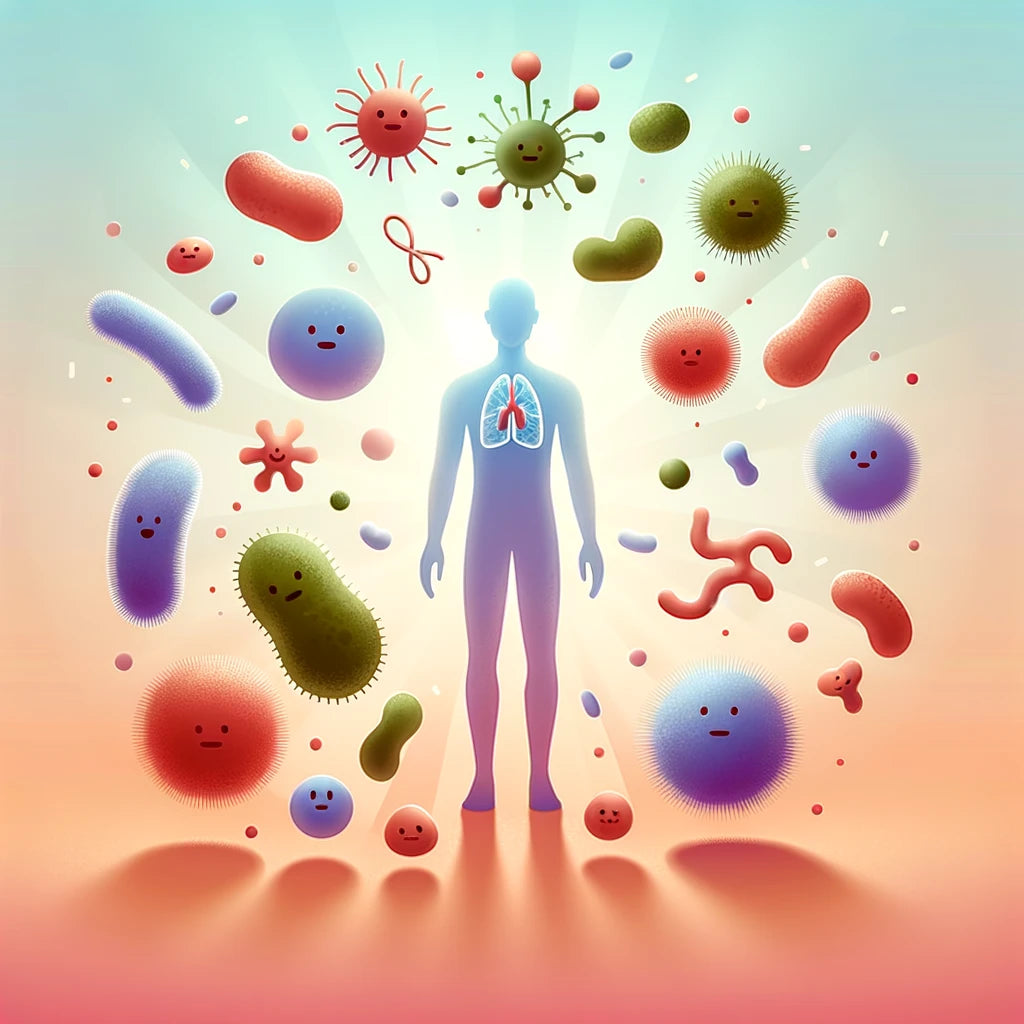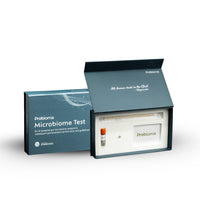
The human microbiome, the vast community of microorganisms that inhabit our bodies, plays a pivotal role in maintaining our health and preventing diseases. From the gut to the skin, these microbial ecosystems engage in complex interactions with our cells, influencing everything from our immune response to our metabolic processes. Understanding the role of the microbiome in disease prevention can provide valuable insights into maintaining optimal health and developing new treatment strategies.
The Microbiome and Immune System Modulation
One of the primary ways the microbiome helps prevent disease is by regulating and supporting the immune system. The gut microbiome, in particular, is crucial in educating and modulating the immune system. Microbes in the intestines interact with immune cells, teaching them to differentiate between harmful invaders and harmless entities. This training helps prevent autoimmune diseases, where the immune system mistakenly attacks the body's own cells.
Moreover, a diverse and balanced microbiome can enhance immune surveillance and response to pathogens. For example, certain beneficial bacteria produce substances that inhibit the growth of harmful bacteria and yeasts. Others stimulate the production of antibodies and support the activity of T cells, B cells, and natural killer cells, all of which are essential for a robust immune defense.
Impact on Metabolic Health
The microbiome also plays a significant role in metabolic health, which is directly linked to disease prevention. A healthy microbiome helps regulate metabolism by aiding in the digestion of complex carbohydrates, producing essential vitamins, and even influencing hunger and satiety through the production of appetite-regulating hormones.
Disruptions in the microbiome have been associated with metabolic disorders such as obesity and type 2 diabetes. For instance, an imbalance in gut bacteria can lead to increased permeability of the gut wall (often referred to as "leaky gut"), which may trigger inflammation and insulin resistance, both risk factors for chronic metabolic diseases.
Gut Microbiome and Gastrointestinal Health
The microbiome is essential in maintaining the integrity of the gut barrier, protecting against gastrointestinal disorders such as inflammatory bowel disease (IBD), irritable bowel syndrome (IBS), and gastroenteritis. Beneficial microbes help break down dietary fibers into short-chain fatty acids (SCFAs), which nourish gut cells and reduce inflammation. A healthy microbiome also competes with and displaces pathogenic bacteria, reducing the risk of infections.
Role in Detoxification
The liver is not the only organ responsible for detoxification—our gut bacteria also play a role in breaking down toxins and drugs. Some microbiota can modify toxins into less harmful substances that are more easily excreted. This detoxifying effect not only prevents damage to the gut lining but also reduces the risk of liver disease and certain cancers.
Future Directions in Microbiome Research
Emerging research continues to reveal the microbiome's potential in preventing a wide range of diseases, including cardiovascular diseases, allergies, and even certain types of cancer. As we understand more about the specific mechanisms through which the microbiome influences health, there is potential for developing microbiome-based therapies, such as personalized probiotics and prebiotics, that could prevent or mitigate disease processes.
Conclusion
The microbiome’s role in disease prevention is profound and multifaceted. It highlights the importance of maintaining a healthy microbial balance through diet, lifestyle, and possibly therapeutic interventions. As research progresses, harnessing the power of the microbiome could revolutionize our approach to disease prevention, leading to healthier, longer lives.
By fostering our understanding of this intricate microbial ecosystem, we are not just exploring a scientific frontier but also unlocking new possibilities for preventing and treating a wide array of conditions, paving the way for a future where personalized microbiome management is a cornerstone of public health strategies.



